This blog was initially created to explore the feeling of not belonging, but on-purpose, and teaching is the essence of that feeling on lots of caffeine.
We use this word in teaching, “populations,” because (in my opinion) it’s the least classist, least racist way to characterize your job.
We don’t say “teacher at x school” when someone asks what we do, we simply say “teacher.” And only teachers and/or relatives of teachers know to ask the questions to figure out what TYPE of teaching it really is.
But under the umbrella term “populations,” we know.
Schools know, teachers know, parents, politicians and grandmothers know. Everyone knows. When we say “different populations,” we mean Lululemon bags and Lexuses, or reduced lunch and la lucha (I don’t use this word to associate reduced lunch with Spanish or Spanish speakers, I just like the word “la lucha: the fight” because it represents so much that I don’t have a word for in English. “The struggle” is what comes closest, I think).
And before you raise a finger to my statement, yes, there is more nuance to “populations” than that. There are ritzy schools where kids don’t care about their grades, and not-ritzy schools where kids really care about their grades. There are also ritzy schools where kids really do care about their grades. And then there are ritzy schools where mostly the parents care about the grades. (But if you ask me: where are the schools with the crazy parents? That’s all of them. You just hear from some parents less in some).
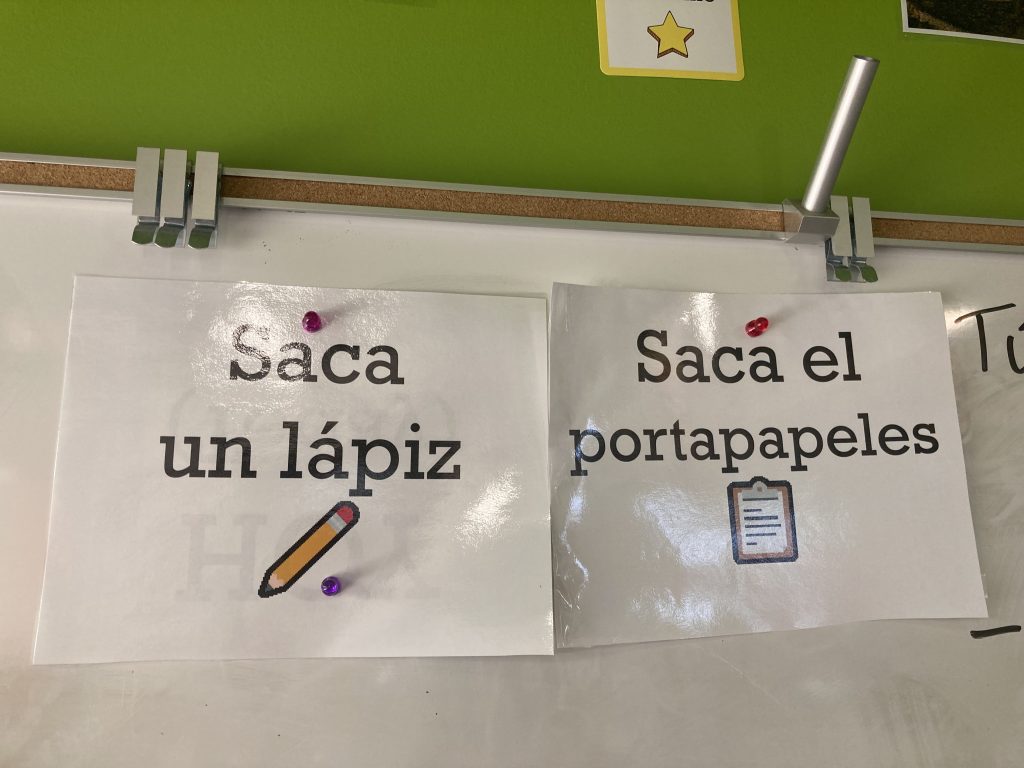
In the mornings, I often have to poop. I’ve my had my coffee, I’ve have had my oats, and the first Bell of Terror (8:10) is about to ring. And for kicks, I use the student bathroom because A: it’s closer than the faculty one and B: I don’t want to defile the faculty bathroom for the next rushing teacher to be assaulted by. The open-air student bathroom is much more amenable to ventilation. But the other day, it hit me like a ton of bricks why I should not. ever. use. this. bathroom. again. And no, it’s not the scrawled penis on the side of the toilet paper dispenser or the little speck of mystery material that haunted the edge of the frame between the stall door and wall for months. Was it fabric? A piece of food? “Hello, my old friend” I thought every morning when I spotted it. I wondered how I would feel if it ever went away. Then I realized one morning that I should be the one to remove it (with tissue), or it might be there forever. Forever. And that was more terrifying a thought to me, somehow.
Back to it: I was using the open-air bathroom this one morning when it hit me, what every teacher probably knows: someone could hop up on the toilet of the adjacent stall and use their phone to ruin me. Now, while no children are supposed to be in the building before the Bell of Despair at 8:25am, there are often trespassers. I hear the math teacher every morning like the precursor to the Bell of Terror: “What are you doing in the BUILDING? OUT! OF! THE! BUILDING!”
And then, in my moment in the stall, I thought: “this is what it is like to be a kid now… terrified that another student might record them while they are in a bathroom stall because what could be more vulnerable a moment to capture?” and that is how some kids might think when they are trying to survive: “How can I ruin someone else?”
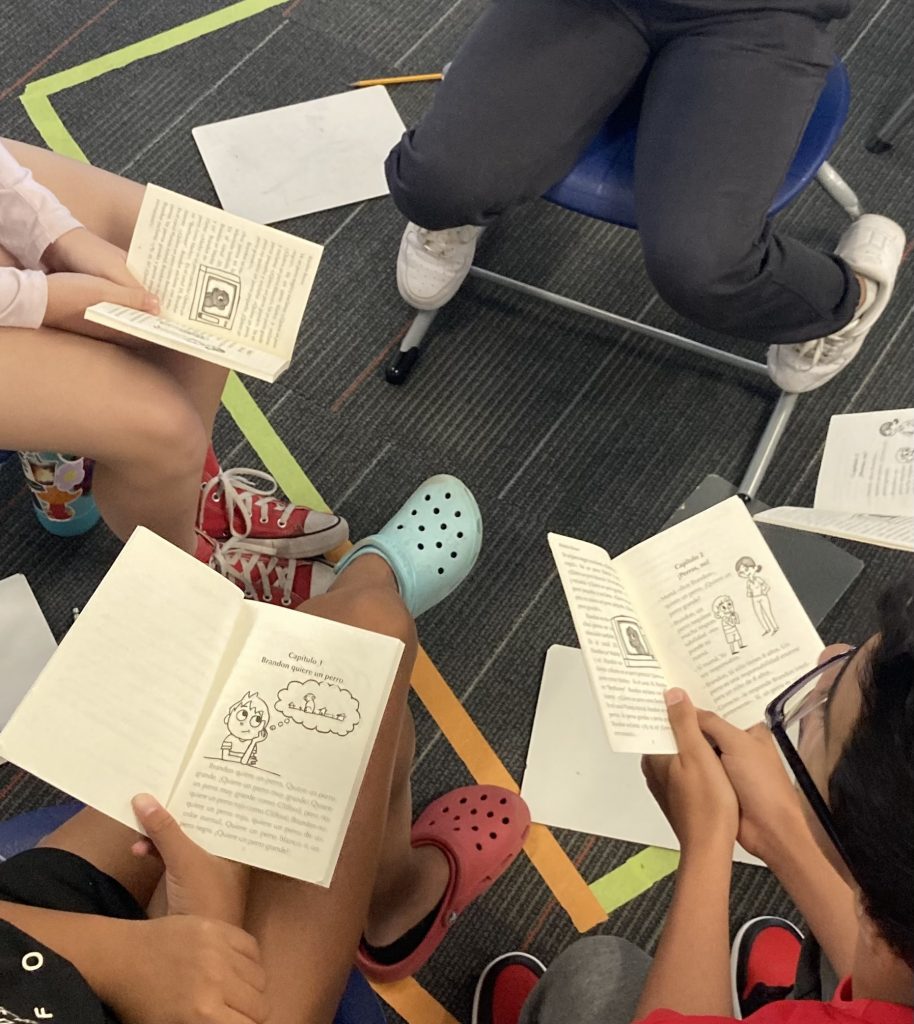
So back to my previous point about “populations,” school is terrifying everywhere you go. School is terrifying because adolescence is hard. I don’t have to explain this to anyone, we’ve all lived it, but sometimes we get further away from the terror as wider baggage gets checked on our consciousness, like mortgage, marriage, our aging bodies or divorce. Or raising the very children we remember being.
I teach in a privileged school. I teach in a wealthy school. I teach 12 and 13-year-olds who wear brands I can’t afford, who drive cars that make me laugh because I’m simply uncomfortable at the sight of them, who live in houses that I’m glad I haven’t seen. Why? It doesn’t matter, it doesn’t change a person’s value or contribution to this world.
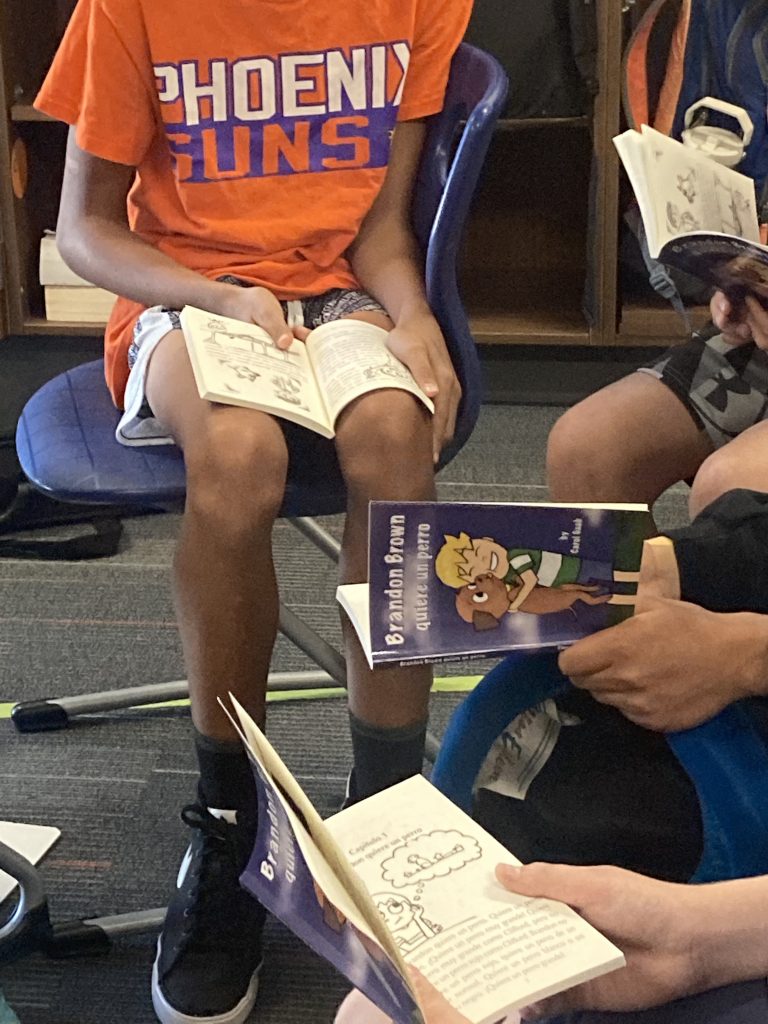
So then, why? Because it changes the job.
And there are as many types of teachers in the world as there are students.
Still, sometimes I wonder if I am weaker because I couldn’t hang when I worked with the first “population” I taught. And I also learned something else this year, my job is still the hardest thing I’ve ever done in my life.
I did not dream of being a teacher when I was young. This is not my dream job. I chose it because I loved learning Spanish, yes, in school, and I thought I’d love teaching it. It has been so much harder than I could have ever imagined. And the kids are only one of the reasons why it is hard.
That is the part that non-teachers imagine being hard, the kids. But the outsiders don’t know about the changing learning accommodations, pressure to differentiate instruction for diverse learners (even as a new teacher), the endless 504 and IEP meetings, the threatening emails from parents, the stacks of papers or computer assignments to grade, the decision to buy your own lesson on TPT the night before because you are tired, or to build one yourself again.
I want to believe that am not weak. I am a teacher. And to be a teacher, you have to be very, very strong. But it is a delicate balance. You have to be delicate, too. No, not at pep rallies when you are telling the eighth grade boys to stop lifting each other up on their shoulders, but in the moments in between when you approach a hurting child and try to get them to lift a pencil, you can’t know what’s going on under their shielded expression. Those students exist in every school, and I can’t compare one child’s struggle to another because on what basis? There is no point. They are growing. And so am I.
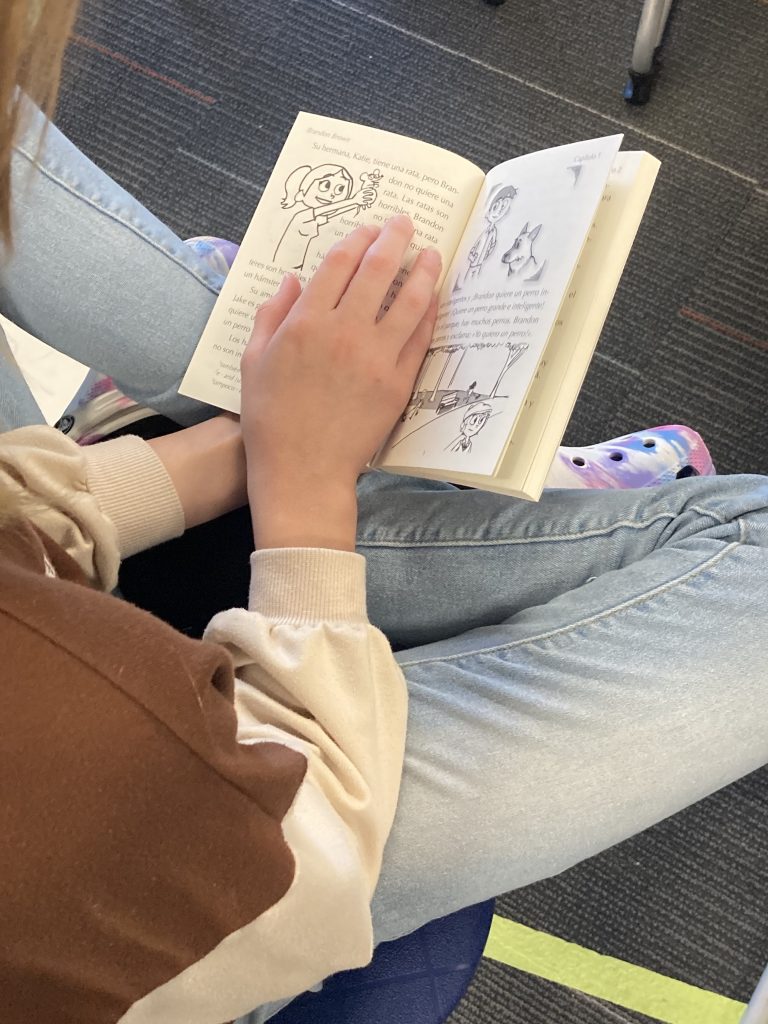
The most important thing is to find support in the other teachers. Find your friends who love it as much as you do, and hate it as much as you do, too. Because it is the only way you will survive. And if adolescence is about survival, then bruh, so is teaching them.
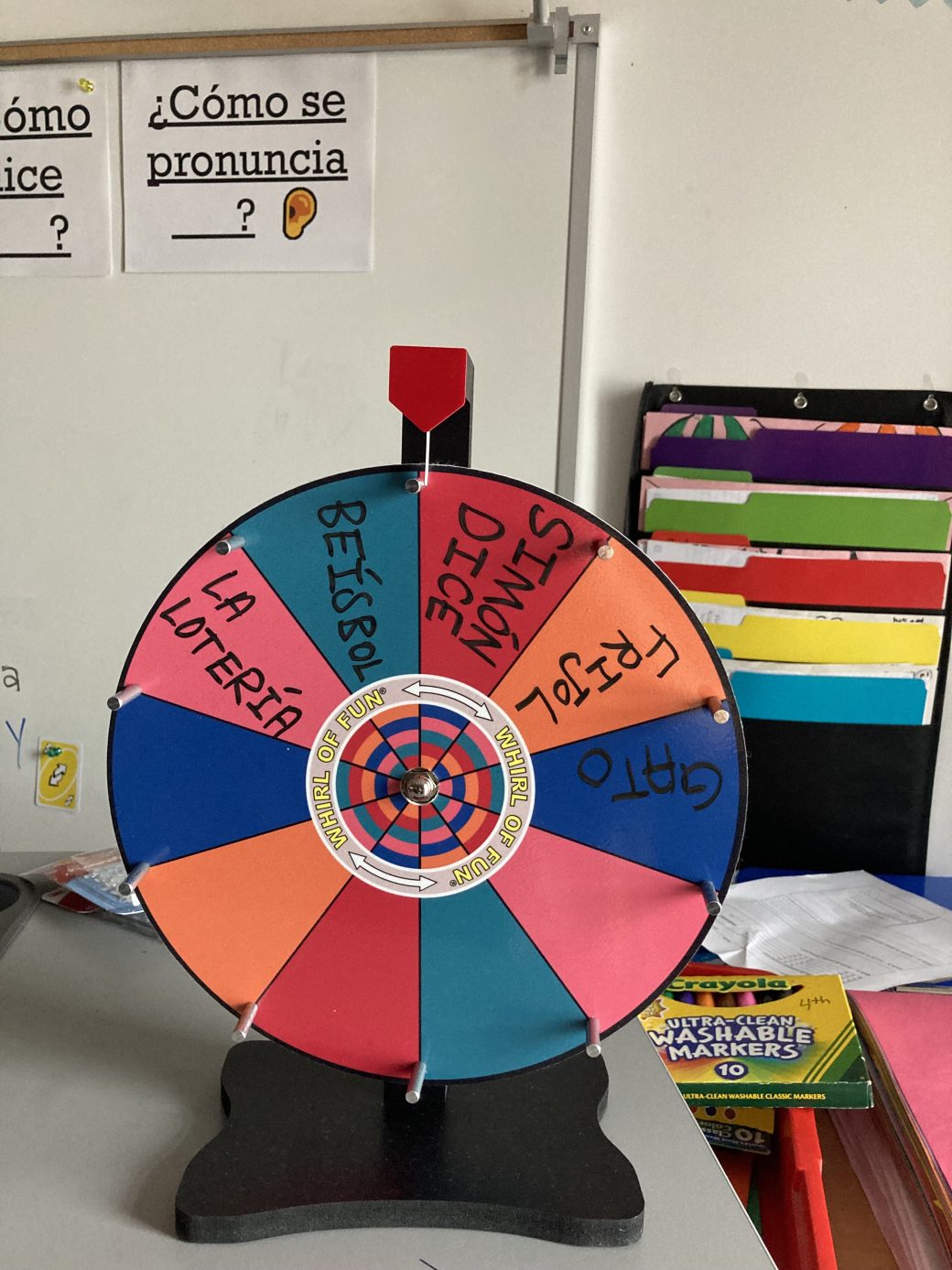
Natalie, one of my favorite lines is find friends who love ( teaching ) as much as you do and hate it as much as you do,too,because it is the only way you will survive.
Yes I know people work is one of the hardest jobs, because people can be different every day and you know not what’s coming at you and what you will be expected to manage.
The thing about the bathroom is such that, with the thought that I might be photographed in mind, well, I might as well not be trying to do my business at all. My innards would seize up.